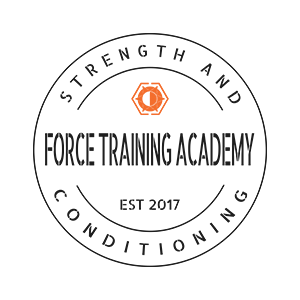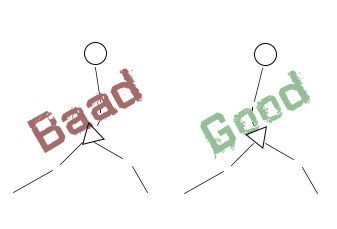Long or Short? ... distance matters.
- By Gergely Kaposvari
- •
- 05 May, 2017
- •
I hate Cooper Tests. With passion.

As well as our athletic ability remained as it was; all these tests offered was a little suffering.
Since then I heard many times that Cooper Tests have been removed from schools' programs... Personally I have never checked if this is true, but I would welcome it as a big step towards the right direction.
You see, there IS professional coaching for runners. One that teaches you where to and how to step, how to find and maintain your ideal stride, how to breathe... We, for instance even get you to understand why are you starting to run out of breath. Cuz' once you understand, you have the power to change it.
Well, that depends. During the long run (pun intended) you won't have a chance to improve your athletic abilities, explosiveness, control and agility. These are all strength based features and strength does not come for eternal sets of movement. It comes from sudden, short bursts of effort. So to master these, you need to be explosive. Something like:
- Hurdling,
- SIIT,
- Tabata
- Slaloom and
- Speed work
Now, improving in these will add enormous amount of extra juice to your distance running, if you are already a long distance runner ; but still, it won't exactly develop this ability. That's why the guy who runs marathons thrived on his race only after the second month with us; but someone who has not run a 10k before just dies in chasing the bus for a few stops. And remember, in Malta the buses are halfway between a turtle and a sloth.
Because you need to understand and develop zones and fuelling. You need to lean your rhythm and master your stride. You need the ability to hear what your body is telling you; when to slow down, when to change pace. See... the key is to learn to run on low energy; so you still have your reserves towards the end of the distance, when you really need them. You can attack and excelerate if you need to. You can close in with a sprint. You have the ability to pull on your athletic training during the long distance run.
Not looking at the corrective training runners need to perform, you have to do both long and short distance work. Both has their benefits - as well as their place - during your preparation for the event.
Few questions remain though...
- How are you going to apply these intervals?
- How would you fuel yourself during training and during the race? Is it the same or is it different?
- How would you keep yourself injury and pain free?
- And how would you do this without having a negative impact in your life?
These are all valid questions.
They will all be answered; on the classes, and maybe here too.
Until then,
TheG
Runners Coahing Malta
No. It doesn't.
Practice makes permanent. Practice with bad form; bad form will be permanent. Practice with good form; good form will be permanent.
But practice with improving form; improvement will be permanent.
Let this sink in a little.
Yes, this is an ultimate truth. And one we constantly have to get our clients to understand and remember.
One of our guys suffered a little injury - he had a broken window and he decided to clean the shards from the frame. You can guess what happened - one of the pieces fell from the top and the guy had to get a good few stitches.
Ouch.
Now, besides that he did make a mistake - he misjudged the risk-reward ratio - all I can say is shit happens.
But he had an injury; he knows when it happened and why.
Same with running. If you injure yourself, you know when, how and why. Do you?
If you don't you have to improve... all the pains, aches, and a huge part of the injuries happen due to poor form. Which is a shame; you could have avoided it altogether since form is coachable.
Of course, much like to the guy above, accidents happen... but still! Accidents are one thing, but running with a weak body and bad form is like cooking the frog...
Have you ever heard about that? If you cook a frog, it won't jump out of the water because it accumulates to the gradual rise of temperature. Now, I am not sure; I never boiled a frog myself. But even if it's not true, it's a damn good analogy!
Much like you - if you keep breaking yourself down you will slowly get used to the symptoms until...
Either something snaps or someone gets you symptom free again.
The choice is yours.
And no, simply running more is not enough...
practice makes permanent, you remember?
The G

